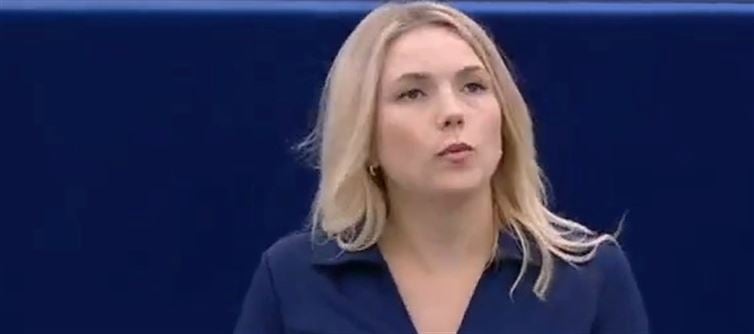
However, the provocative phrasing—particularly referring to islam as an “anti-women religion”—blurs that line, leading many to interpret her comments as a sweeping indictment of islam itself rather than a targeted critique of its radical offshoots. Her statement taps into growing public concerns around gender equality, migration, and cultural integration, especially in countries like sweden that have seen large waves of immigration from Muslim-majority nations.
Timgren’s comments reflect a broader european anxiety over how to reconcile liberal democratic values—especially those concerning women’s rights—with the challenges posed by radical ideologies that emerge within certain migrant communities. Islamist extremism has indeed been associated with restrictive views on women, from dress codes and gender segregation to more severe cases of honor violence or forced marriages. These issues are real and deserve attention.
But framing the problem in absolutist terms risks alienating peaceful, law-abiding Muslim citizens—many of whom are women themselves advocating for reform and equality from within their own communities. A blanket condemnation of islam rather than a focused critique of radical ideologies can stifle dialogue and hinder the development of inclusive, rights-based strategies for integration.
The challenge for european policymakers lies in addressing the genuine threats posed by Islamism without descending into xenophobia or religious discrimination. Timgren’s rhetoric may resonate with segments of the public frustrated by perceived failures of multiculturalism, but it also risks deepening divides and feeding far-right narratives that conflate religion with terrorism or misogyny.
A more effective approach would involve bolstering support for women’s rights through education, community partnerships, and law enforcement—while being careful to distinguish between combating extremism and vilifying a faith practiced peacefully by millions. The stakes are high: Europe’s future cohesion depends on its ability to safeguard its values without sacrificing its pluralism.




 click and follow Indiaherald WhatsApp channel
click and follow Indiaherald WhatsApp channel